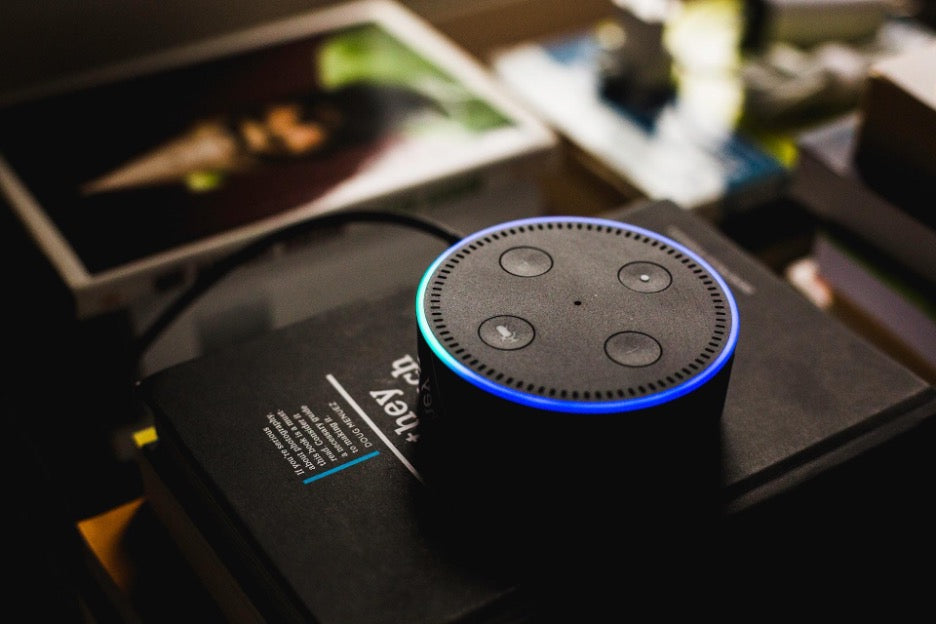Welcome to the future of search engine optimization (SEO), where keywords are no longer the sole focus. The way we interact with search engines has changed drastically over the years due to the inclusion of voice-activated technologies. Thanks to smart speakers and virtual assistants like Alexa, Siri, and Google Assistant, voice search is now the need of the hour.
Read on to learn about the advancements shaping the future of SEO.
The Rise of Voice-Activated Search
Voice-activated search is experiencing an impressive surge in popularity. According to a report by Juniper Research, the number of voice assistants in use is projected to reach 8 billion by 2023. In addition, 61% of consumers say voice search is most useful when their vision or hands are occupied. This upward trajectory underscores the need for businesses to optimize their digital presence for voice-activated search.
The Shift from Keywords to Natural Language
With voice-activated search, users tend to phrase their queries more comfortably and naturally than with typed searches. Consequently, businesses must shift their focus from keyword-centric optimization to understanding and optimizing for natural language queries. It works by tailoring content to match how users speak and incorporating long-tail keywords and phrases that mirror real-world conversations.
Featured Snippets and Position Zero
Voice-activated search often relies on providing concise and direct answers to user queries. It has resulted in the rise of featured snippets, also known as position zero in search results. Featured snippets are selected search results that appear at the top of organic results, providing a quick answer to the user's query. Businesses should structure their content to be more likely to appear as a featured snippet, increasing their visibility and authority to optimize for voice search.
REI, an outdoor retailer, has optimized its content for featured snippets by providing concise answers to common questions about camping, hiking, and outdoor gear. As a result, they have seen an increase in organic traffic and brand visibility.
Local SEO and Voice-Activated Search
Voice search has a significant impact on local businesses. A recent study revealed that 58% of consumers had used voice search to find local business information. To capitalize on this trend, businesses should optimize their local SEO efforts, ensuring accurate and up-to-date information in online directories such as Google My Business. Moreover, incorporating location-specific keywords and phrases into content can help improve visibility in voice-activated searches.
Mobile Optimization and Voice Search
Mobile devices play a crucial role in the growth of voice-activated search. According to Google, 27% of the global online population uses voice search on mobile devices. Therefore, businesses must ensure their websites are optimized for mobile devices to deliver a seamless voice search experience. It includes optimizing site speed, using responsive design, and implementing structured data to enhance search engine visibility.
As voice assistants continue to dominate the digital landscape, businesses must adapt their SEO strategies to embrace conversational language, natural speech patterns, and context. With compelling content crafted to engage users in a human-like manner, brands can establish genuine connections, build trust, and ultimately rise to the top of voice search results. Embracing this shift will be the key to staying ahead in the dynamic world of voice-activated search. Get ready to be heard loud and clear!
Access the future of SEO in voice-activated search and stay ahead of the game with The Lively Co.! Discover how to optimize your website for voice search and unlock new opportunities for your business. Contact us to explore the voice-activated search revolution today!

